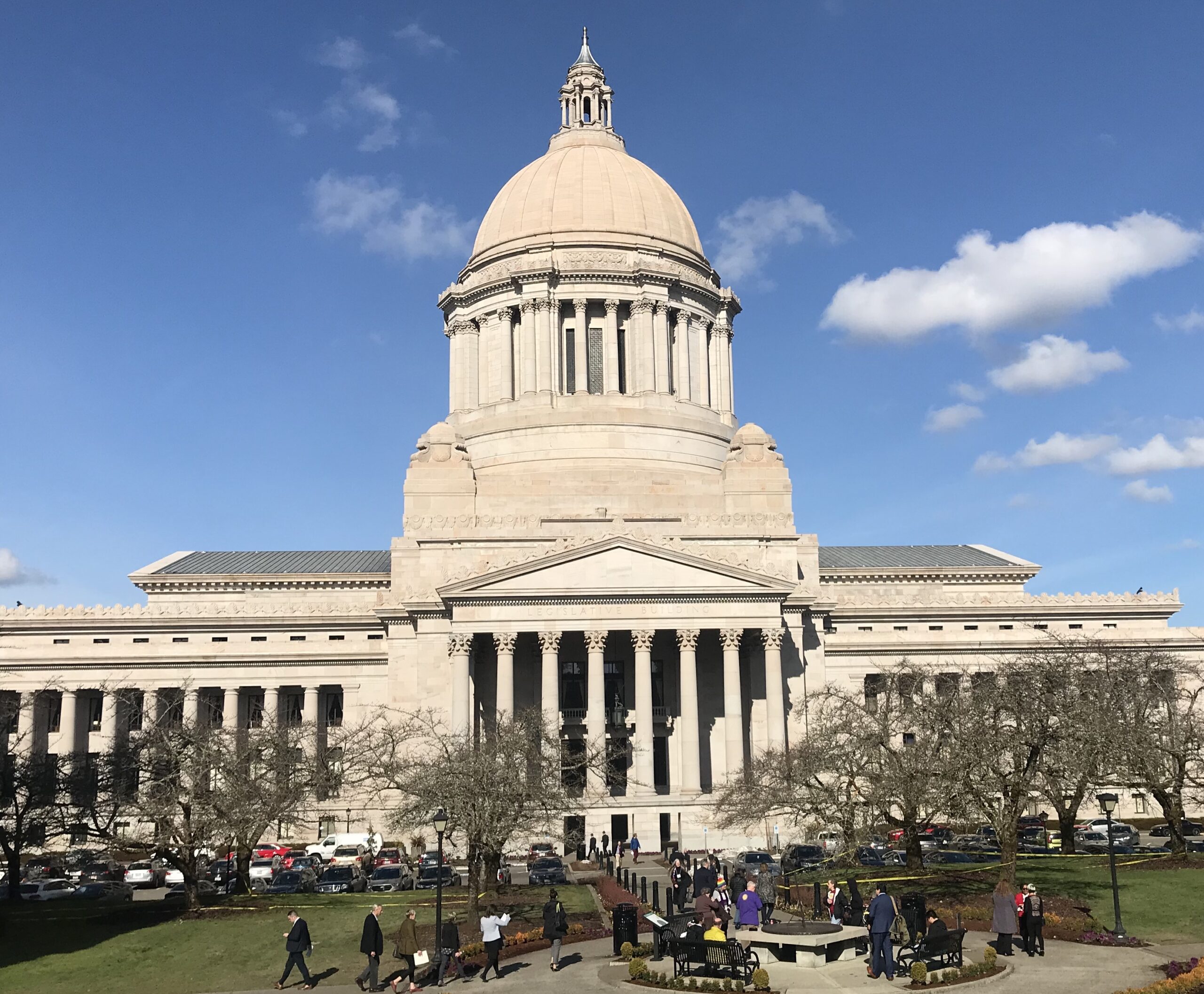The past year was a tumultuous one, with older adults caught in the crosshairs of a global pandemic that laid bare several issues that must be immediately addressed through state legislation. As you read this article, the 2021 90-day legislative session is off to a running start. On behalf of our more than 900,000 members across the state, AARP Washington is committed to improving outcomes in several issue areas important to Washington’s older adults and their families.
Nursing Homes – As of January 4, 2021, a total of 13,870 COVID-19 cases (5% of total cases in the state), leading to 1,765 deaths (51% of total deaths in the state), have been associated with a long-term care facility. COVID-19 has revealed substantial issues within the long-term care system plagued by a lack of personal protective equipment, transparency, testing, and inadequate staffing. AARP Washington will be working on two proposed bills from the Washington State Ombudsman Program and the Department of State and Human Services, which plan to address the lessons learned from the pandemic and put them into law. Our focus is to increase communication between family members and residents and improve care quality in all long-term care settings.
Housing – COVID-19 and the economic downturn have exacerbated our ongoing housing crisis. January 2021 estimates predicted between 190,000 and 300,000 households were unable to pay rent and were at risk of eviction. The projected amount of rent shortfall in the first month of the New Year is estimated between $600 and $858 million. Fifteen percent of renters say they are behind in rent, and adults aged 40-54 are the most affected. We are looking to legislators to find balanced solutions to address both short-term emergency housing needs and long-term increases in the housing supply. Among these solutions are easing restrictions so residents can build accessory dwelling units on their property to retire or generate additional income. We will also back legislation to create housing benefit districts to produce more affordable low-income and middle-income housing around newly built and future transit lines.
Broadband – The lack of consistent, affordable internet is becoming a paramount concern. Before the pandemic, a digital divide existed in many parts of Washington State, particularly for older adults with low incomes who were forced to use community locations such as libraries, senior centers, or their building’s community rooms to access the internet. COVID-19 exacerbated this technological disparity when these shared locations were closed due to the outbreak. Technology is a tool to help address the adverse effects of social isolation, anxiety, and depression caused by the pandemic. In a state that’s home to some of the world’s most successful technology companies, just over 735,000 Washingtonians have no internet service. AARP is backing several budget and policy proposals that lawmakers may consider as they return to Olympia. They include a call center with one-on-one tech support, hot spots set up at community centers, and free or subsidized broadband plans for lower-income older adults.
These are just a few of the many important issues under debate in Olympia. If you would like to be involved in our legislative efforts, sign up as an AARP Advocate at www.aarp.org/getinvolved to receive e-mail action alerts on the issues you care about. You can also stay up to date by visiting www.aarp.org/wa and following us on Facebook at www.facebook.com/aarpwa.



Discussion1 Comment
Very useful information